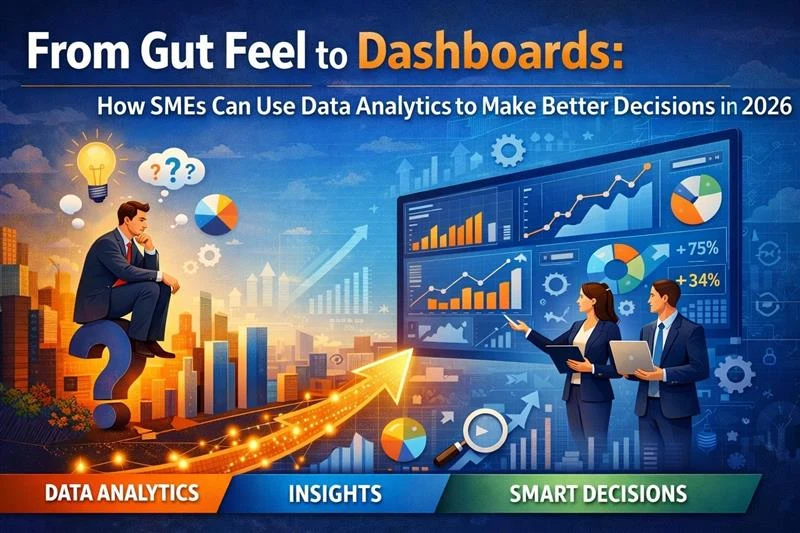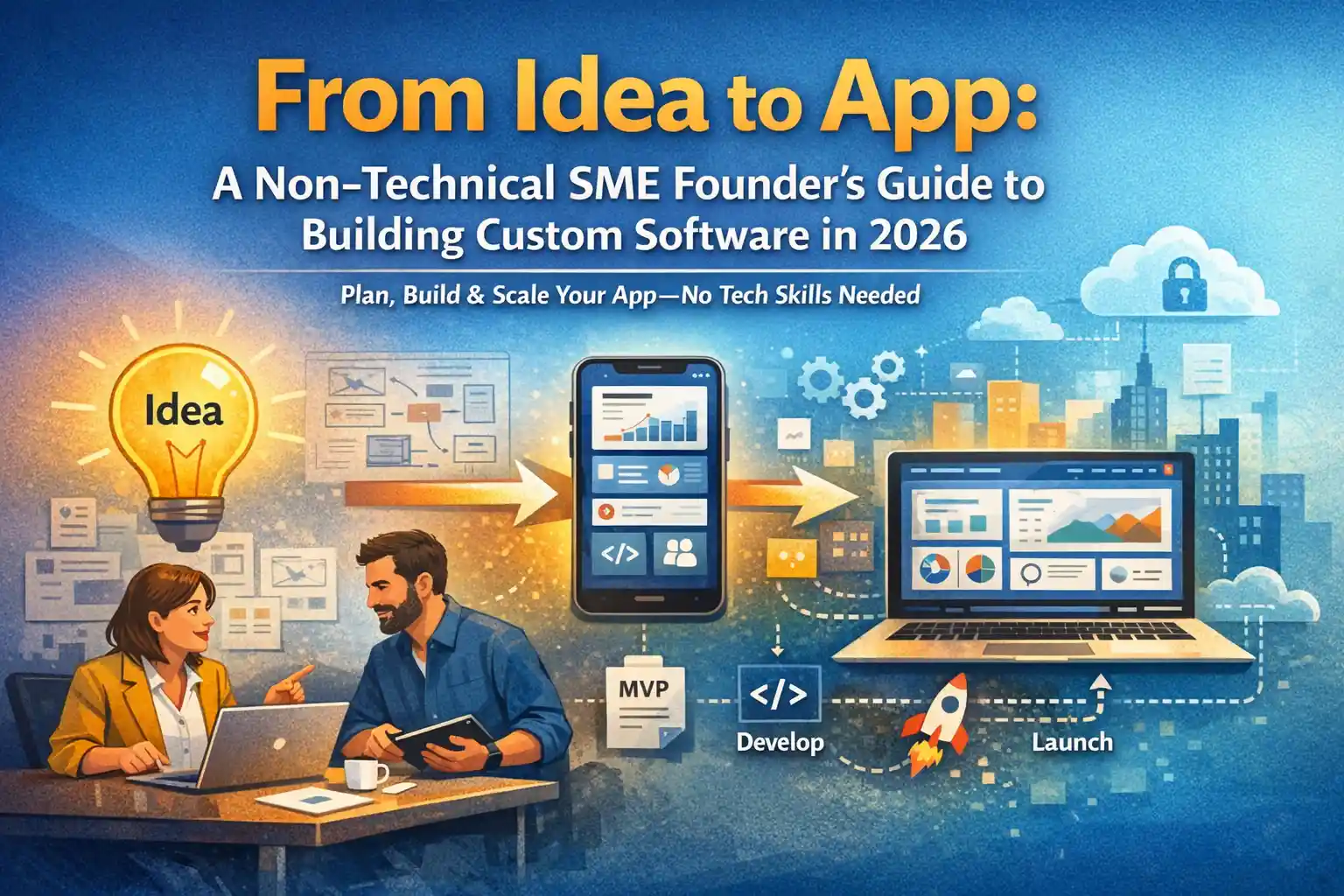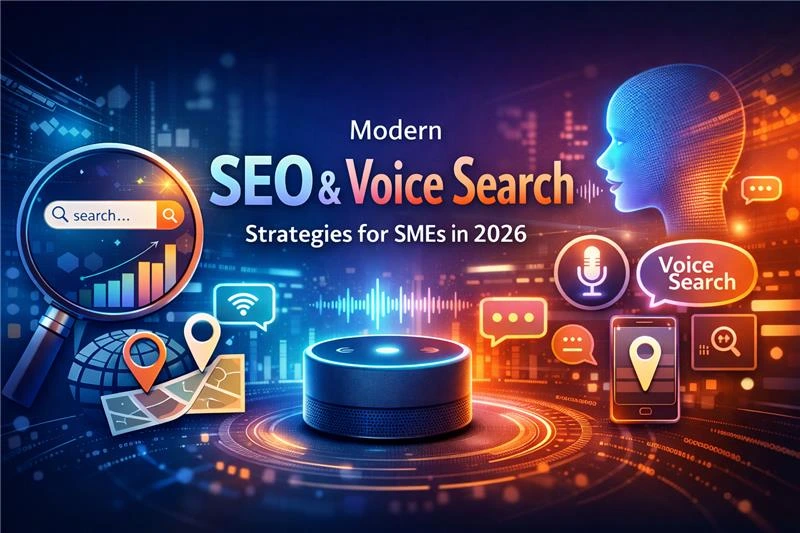Popular Technologies To Develop Websites
07 Aug 2024Web Technology
Web technology is a term used to describe all the different things people use to make websites and web-based applications. This includes software and hardware tools, programming languages, and standards needed to create and run web apps on the internet. Web technology comprises many areas, including web design, web development, web servers, web browsers, e-commerce, and content management systems.Web technology is a collection of tools, protocols, and frameworks that are used to develop and support websites.Web-based tools and technologies refer to software systems, frameworks, libraries, and protocols that are used to develop, deploy, and maintain web applications and services. Here are examples of web-based tools and technologies.
Programming Languages
A programming language is a computer language that is used by programmers (developers) to communicate with computers. A programming language is mainly used to develop desktop applications, websites, and mobile applications.
Front-End Programming Languages
- HTML - HTML isn't exactly a programming language, but it's essential for creating the layout and content of web pages. It outlines the elements and layout, like text, images, links, and multimedia, shaping how a webpage looks and works.
- CSS - CSS is used for styling and visually enhancing web pages. It enables developers to control the layout, colors, typography, and overall presentation of HTML elements. SCSS is a preprocessor that extends CSS.
- JavaScript - It allows developers to add interactivity and dynamic behavior to websites and web applications.
Back-End Programming Languages
- PHP - PHP is a server-side scripting language specifically designed for web development. It powers numerous websites, including popular content management systems (CMS) like WordPress.
- Python - Python is a versatile programming language. It has a wide range of frameworks, such as Django and Flask, that simplify backend development. Python is commonly used for web development, data analysis, artificial intelligence, and scientific computing.
- Ruby - Ruby is a dynamic, object-oriented programming language. Ruby is often used for building web applications and prototypes.
- Java - Java is known for its scalability, performance, and enterprise-level capabilities. It has a vast ecosystem of libraries and frameworks, such as Spring and Hibernate, which facilitate backend development. It is widely used for building large-scale systems, web applications, and Android apps.
Web Frameworks
Web frameworks are software libraries or frameworks that provide a structured environment for building web applications. They aim to provide reusable components, predefined patterns, and common functionality, allowing developers to focus on the application's specific features rather than low-level implementation details.
Popular Web Frameworks
Angular/React/Vue.Js
- Angular - A comprehensive JavaScript framework for building scalable and feature-rich web applications.
- React - A JavaScript library for building reusable user interfaces, emphasizing component-based development and virtual DOM rendering.
- Vue.js - A progressive JavaScript framework for building user interfaces, offering simplicity, flexibility, and easy integration with existing projects.
Flask/Django
- Flask - A lightweight Python web framework that emphasizes simplicity and minimalism, making it ideal for small to medium-sized projects.
- Django - A high-level Python web framework that provides a robust feature set, including authentication, database integration, and a built-in admin interface, making it well-suited for complex and scalable web applications.
Ruby On Rails
Ruby on Rails, often referred to as Rails, is a popular open-source web application framework written in the Ruby programming language. Rails follow the Model-View-Controller (MVC) architectural pattern and focus on convention over configuration, emphasizing developer productivity and code simplicity.
Databases
Databases play a crucial role in web technology, providing a way to store, organize, and retrieve data for web applications. Here are some key points about databases in web technology.
Popular Databases Used In Technologies
- MySQL - MySQL is an open-source relational database management system (RDBMS) known for its reliability, scalability, and ease of use. It is widely used in web development, particularly with PHP, and powers many popular applications and websites.
- PostgreSQL - PostgreSQL is a powerful open-source RDBMS that emphasizes extensibility, SQL compliance, and data integrity. It offers advanced features like support for JSON, spatial data, and full-text search. PostgreSQL is commonly used in web applications and enterprise-level systems.
- MongoDB - MongoDB is a popular open-source NoSQL document database. It stores data in flexible, JSON-like documents, allowing for dynamic and schema-less data models. MongoDB is frequently used in modern web development, real-time applications, and situations that require scalability and fast data retrieval.
- Oracle - Oracle is a widely used commercial RDBMS known for its robustness, scalability, and comprehensive feature set. It is commonly found in enterprise-level applications and systems that require high performance, data integrity, and extensive security measures.
- Microsoft SQL Server - Microsoft SQL Server is a relational database management system developed by Microsoft. It offers a wide range of features, including support for transaction processing, business intelligence, and data analysis. SQL Server is often used in Windows-based environments and integrates well with Microsoft's development tools and platforms.
APIs And Microservices
APIs and microservices provide a way to expose specific functionality or services of an application or system to other applications or systems, enabling integration and interoperability.
Popular APIs And Microservices
- Express.js - Express.js is a minimalist and flexible Node.js web application framework that allows developers to build APIs and web services quickly. It provides a simple, yet powerful, routing system and middleware support for handling HTTP requests and responses.
- Spring Boot - Spring Boot is a Java-based framework that simplifies the development of microservices. It provides a convention-over-configuration approach and offers a wide range of features, including embedded servers, dependency management, and easy configuration.
- FastAPI - FastAPI is a modern, high-performance Python framework for building APIs quickly. It leverages type hints and asynchronous programming to provide auto-generated, efficient, and highly scalable APIs.
- Amazon API Gateway - Amazon API Gateway is a fully managed service provided by AWS that allows developers to create, publish, and manage APIs at scale. It provides features like authentication, authorization, and traffic management.
- Google Cloud Endpoints - Google Cloud Endpoints is a distributed API management platform provided by Google Cloud. It allows developers to build, deploy, and manage APIs on Google Cloud and supports features like authentication, monitoring, and analytics.
- Microsoft Azure API Management - Azure API Management is a comprehensive solution provided by Microsoft Azure for designing, publishing, and securing APIs. It offers features like policy enforcement, rate limiting, and developer portal capabilities.
DevOps Tools
DevOps tools are designed to facilitate collaboration, automation, and efficiency in software development and operations processes. Here are some popular DevOps tools used in the industry-
Popular DevOps Tools
- Git - Git is a distributed version control system that allows teams to collaborate on code development efficiently. It enables version control, branching, merging, and code review processes. Git platforms like GitHub, GitLab, and Bitbucket are widely used to host repositories and facilitate collaboration.
- Jenkins - Jenkins is an open-source automation server that helps automate the build, test, and deployment processes. It enables continuous integration (CI) and continuous delivery (CD) pipelines, allowing developers to automate code builds, testing, and deployment to various environments.
- Docker - Docker is a containerization platform that allows developers to build, package, and deploy applications in a lightweight, isolated environment called containers. Docker enables easy portability and consistency across different environments, simplifying application deployment and management.
- Kubernetes - Kubernetes is an open-source container orchestration platform that automates the deployment, scaling, and management of containerized applications. It provides features for workload management, service discovery, scaling, and self-healing of applications in distributed environments.
- ELK Stack - ELK (Elasticsearch, Logstash, Kibana) Stack is a combination of open-source tools used for log management and analysis. Elasticsearch is a distributed search and analytics engine, Logstash is a log data processing tool, and Kibana is a data visualization and exploration platform. Together, they enable centralized log storage, analysis, and visualization.




